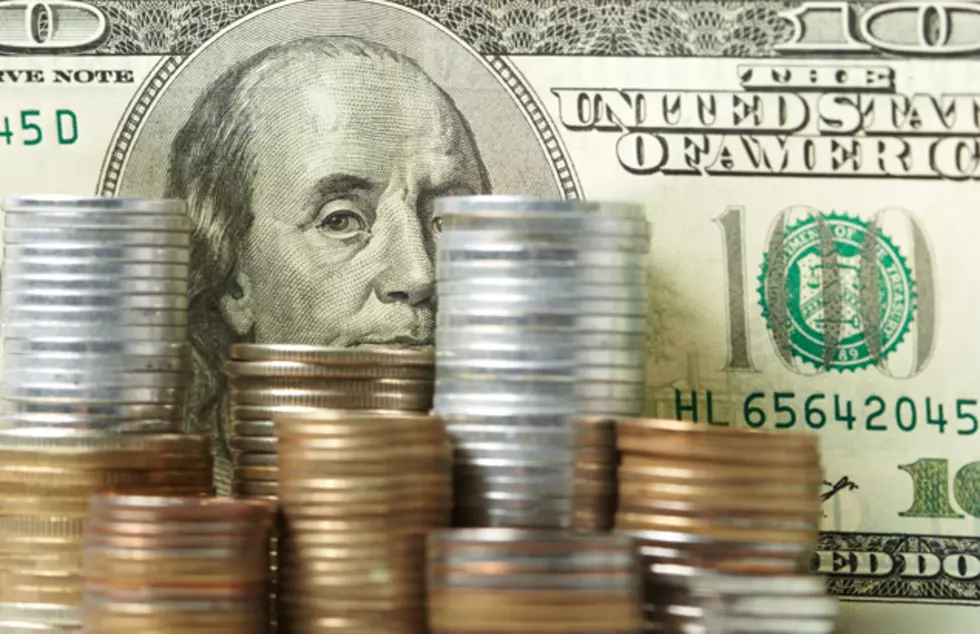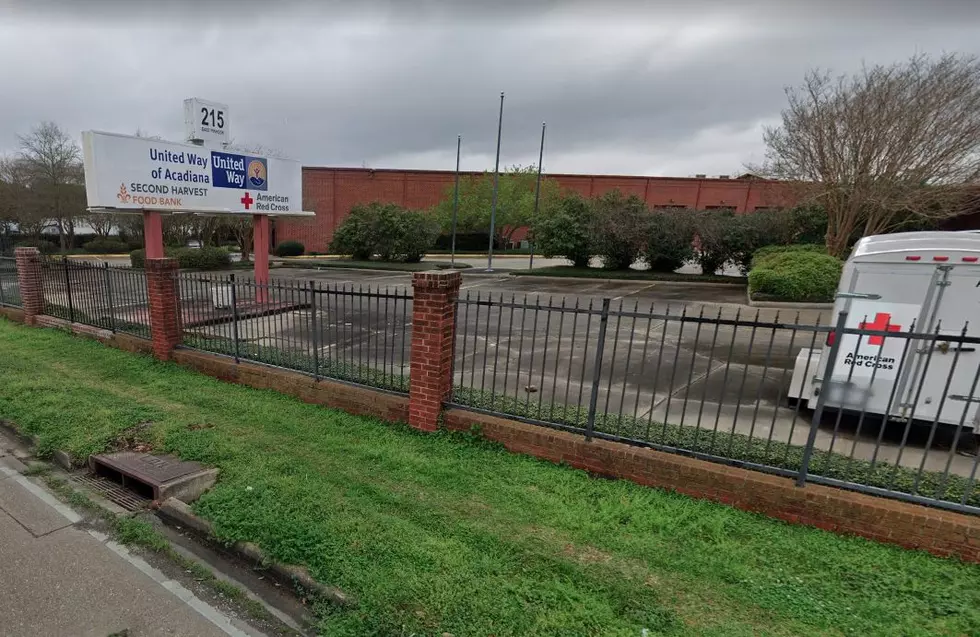
5 Ways to Spot a Fake Charity
I kind of feel sorry for real charities. For one thing, there are so many real charities out there and every single one of them really do depend on contributions to stay afloat and do their good work. Since there are so many, they all have a smaller share than they did back when there just weren't so many worthy charities.
Another situation that hurts these legitimate organizations is the sudden influx of fake charities. Now, pardon my sermon here, but I think there's an especially hot corner in hell for people who run these shams, but that could just be wishful thinking on my part.
People who run these fake charities are shameless and they especially like to tug at your purse strings by claiming to help children. You've got to be a real low-life to stoop to those measures.
ABC News just a did a great, helpful story on how to spot these fakers. Here are a few points from that story:
1. Most of these fakes are very vague about what it is they do. They are even more vague about where the money ends up. A lot, but not all, of the fakes may say, "a portion of the proceeds go to help the "National Prickly Heat Fund."
2. They aren't up front about whether or not your contribution is tax deductible. Now, there are legit charities out there whose contributions are not tax deductable, but, for the most part, those charities will tell you that up-front.
3. The name of the charity sounds just enough like a legit charity to fool people. Remember the Seinfeld episode where George came up with a fake charity called "The Human Fund?" Well the fake people have names that resemble real charities. For example, you might come across something like, "The United States Children's Fund." Of course, you're supposed to think they have something to do with "United Nations Children's Fund.
4. You might get a letter thanking you for your contribution that you didn't make. this is supposed to make you think that you forget to send them the money and make up for that mistake right away.
5. They are very pushy when it comes to collecting money right away. Now, real charities may do this as well, because they really need your contribution to deo their work. The fakers want you to contribute NOW so that they have your money before they are exposed.
Most people I know are pretty soft touches especially when it comes to charities for children, but a bit of investigation can keep your money out of the hands of fake charities.
Here are three sites that can help you if you think an organization might be a fake:
If you're in doubt, you can check out any and all charities at one of those sites.
Here is the complete article from ABC News
More From 92.9 The Lake








